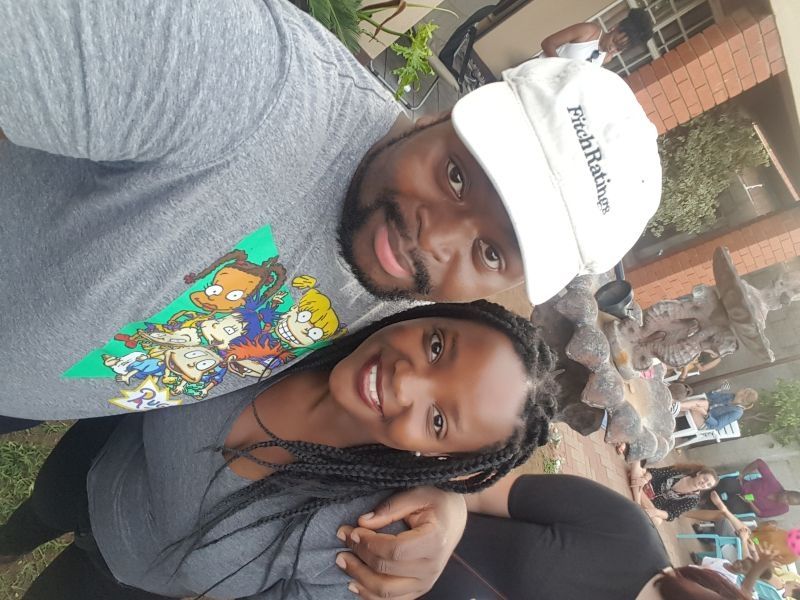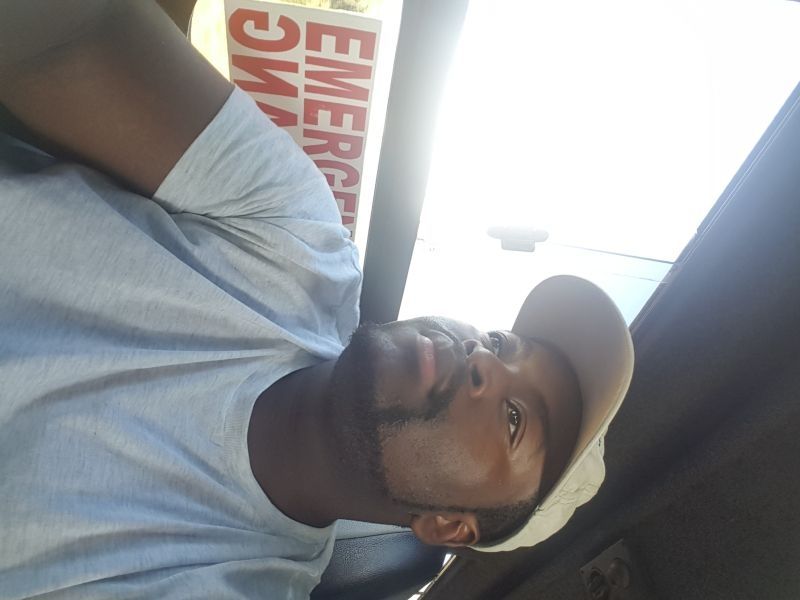Wait... You're Not African?
Jordan Knox (a.k.a. Itumetse) from the George Washington University
Being Black (or African-American) in an African country is like taking classes at a Historically Black College/University (HBCU), while masking the fact that you are attending a Predominantly White Institution (PWI). Perhaps the reference doesn't hit home for you like it does for me, so here's another; being black in an African country is like going to a birthday or funeral hosted for someone you barely know. The majority of the people around look like familiar but there exist this faint feeling that you don't belong. As you walk around campus, trying to settle into the new surroundings, you feel eyes on you. Every movement, word, and reaction you make is now critical. Who would have thought going abroad to what your friends referred to as "the mother-land" would make you feel an extraterrestrial being, in search of a place to call home.
My decision to study abroad at the University of Botswana was impulsive. Gaborone, Botswana caught my eye because no matter who I asked about the country, no one could share any experiences. I have friends that have study abroad and vacationed in Spain, Italy, and Germany; in regards to Africa, Ghana, Senegal, and South Africa, but never Botswana. I thought to myself "what could be more adventurous and spontaneous than visiting a country no one has ever heard of?" Botswana is a beautiful country and the local citizens are some of the kindest people I have ever met, but every rose does have its thorns. While my time in Botswana has been more than I could have ever asked for, there have been things that I wouldn't have expected. Remember that 'PWI student at a HBCU' reference? This is where it comes into play:
If you are Black, African-American, or simply of the "dark-skin" diaspora, 80% of the local population will assume you are African. The student of color population at my home institution, Georgetown University (PWI), is small enough to notice the difference between a student and a visitor of the institution—students of color stick out. During my frequent visits to Howard University (HBCU) I easily blend into the diverse crowd and can go hours unnoticed; however, if asked about any specific elements of Howard's campus, the truth of my visitor status is revealed. The same is the case here for Botswana. While I may look like a local, my understanding of the language and culture will never be to the extent of a local. Many conversations have been begun in Setswana (the local language) and then slowly shift to English as people began to realize I was not Motswana. Daily, I would shock professors and peers with my American origins and then questions/comments about my resemblance to a person born in Africa would arise. On a number of occasions I was said to look "Nigerian," "West African," and once "Jamaican." As much as I would love to be from rich cultures such as these, I am not. And while I don't take offence to these remarks. I do think to myself "what is my culture?" It is a question I have asked myself in different stages of my life, a puzzle I am still in the process of answering.
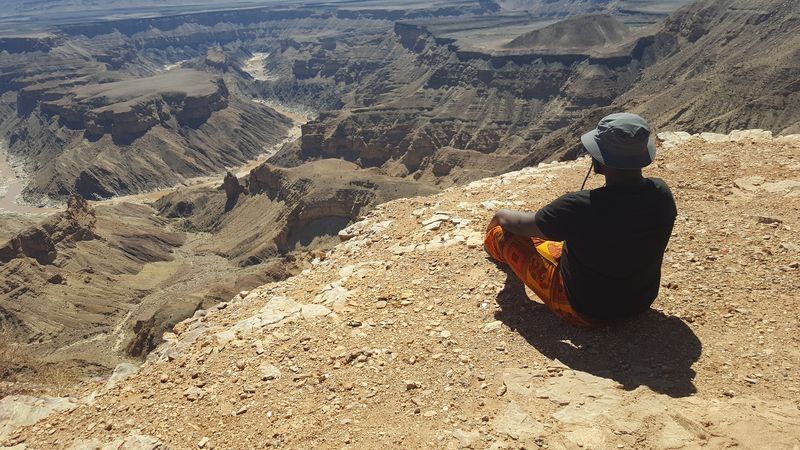
Being in Botswana has helped me to grow as a person and to appreciate many aspects of my life back in America a lot more, but like my visits to Howard University I am reminded that this is not my home. I am simply a visitor from miles away making an impact on the lives of others. I hope that my time here as had a positive effect. I'll miss all the friends I have made and lectures whose words echo in my ear. I'll return one day.
Related Posts
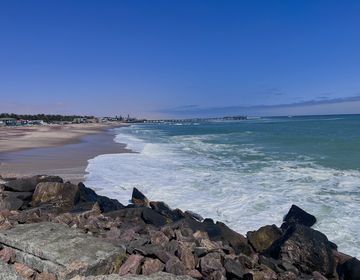
Seeing more: A road trip to Swakopmund, Namibia
Over the mid semester break at University of Botswana, I decided to go on a road trip with 11 other exchange students, several being from the United States, but there... keep reading
What I Packed to Study Abroad in Gaborone, Botswana
A master list of the items you should bring to study abroad in Gaborone, Botswana - including tips and tricks from my student perspective at the University of Botswana campus.
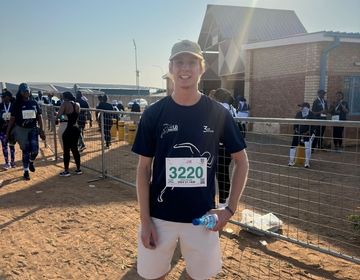
Arthur Pounds Join UB Marathon: Persevering through the finish line
Authored by: Ruby Pitinyane On October 13, 2024, Arthur Pounds (AJ) took part in the University of Botswana (UB) marathon at the UB Stadium, marking a significant milestone for him... keep reading
